Mitr Phol Group is moving towards becoming a Carbon Neutral organization by 2030 and a Net Zero organization by 2050
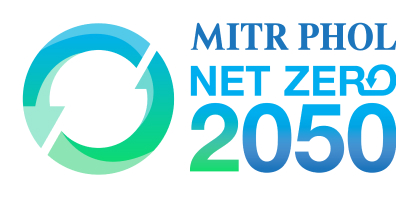
creating a “zero carbon” society for our tomorrows.


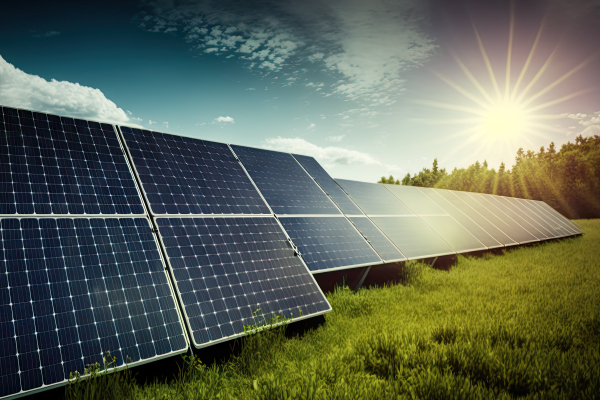
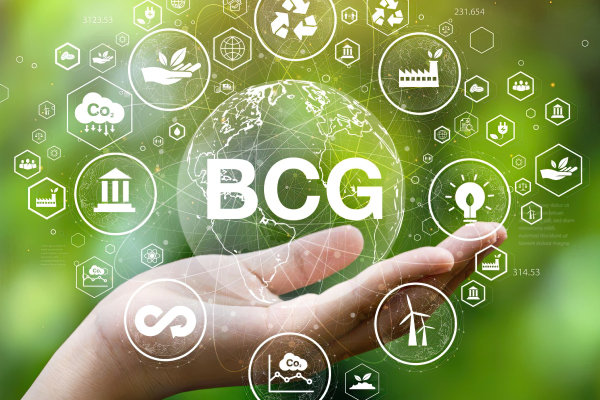
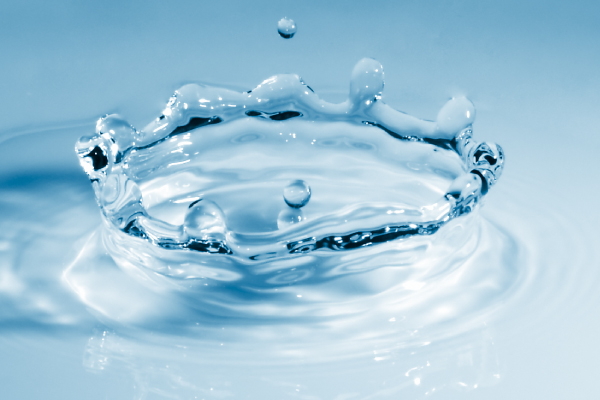
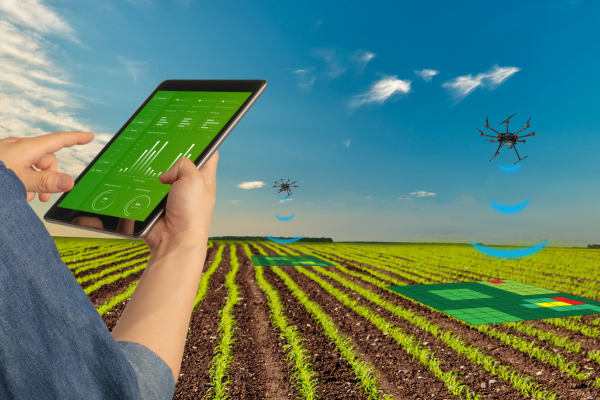
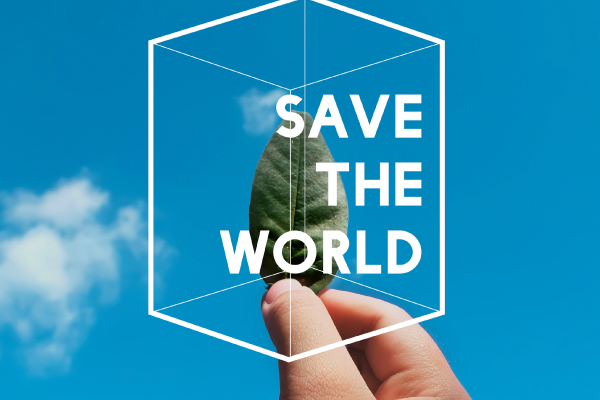
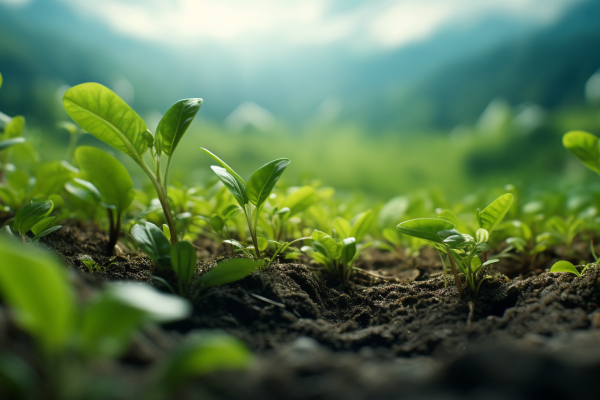
Renewable Energy
A leading renewable energy producer in Thailand, utilizing renewable energy in production Processes
The consumption of resources to meet human needs and economic development is a significant cause of climate change. Coupled with the continuous increase in the global population, this impacts the ability of resources to regenerate quickly enough to meet demand. Mitr Phol Group places great importance on waste management and the efficient recycling of agricultural residues from the sugarcane and sugar industry. By leveraging innovation and technology, Mitr Phol enhances and repurposes various waste materials to maximize their value. Bagasse and sugarcane leaves are upgraded through production processes to become fuel for biomass power generation, which is used within Mitr Phol Group’s factories. This reduces the reliance on fossil fuel-based electricity, a major source of greenhouse gas emissions. The surplus electricity is sold to the Electricity Generating Authority of Thailand and the Provincial Electricity Authority to supply local communities. Additionally, molasses is further developed into high-quality ethanol for use as an environmentally friendly automotive fuel. This initiative not only reduces crude oil imports but also enhances Thailand’s economic opportunities in the energy sector sustainably.
Advancing the sugarcane and sugar
business toward the Bio-Circular-Green
Economy (BCG) model
With a business philosophy dedicated to enhancing the quality of life for all stakeholders sustainably and driving the stable growth of Thailand’s agricultural industry, Mitr Phol Group is advancing towards the New S-Curve business. This new venture, building on sugarcane and sugar products, not only reduces greenhouse gas emissions throughout the production process but also enhances Thailand’s competitive edge. This aligns with the country’s comprehensive economic development policy focusing on the Bioeconomy, Circular Economy, and Green Economy. Key initiatives include:
Bio-Circular-Green Products
Sustainable Modern Farming
Sustainable Modern Agriculture with
Mitr Phol ModernFarm Practices
Implementing Advanced Technology for Efficient Environmental Management
Mit Phol Group has integrated innovative technology to enhance its wastewater management system through the high-efficiency Activated Sludge Process (AS). This advanced system allows Mit Phol Group to recycle treated water, using it as a sustainable resource in their production processes. This initiative not only increases raw water storage capacity and reduces the need to extract water from natural sources but also cuts costs and mitigates the risks associated with droughts. In addition to wastewater management, Mit Phol Group has implemented comprehensive waste management strategies within its factories. Employees are guided on waste segregation practices to increase recycling rates and reduce the volume of general waste sent to landfills. Currently, over 35% of the total waste generated in the factories is being reused, promoting the efficient use of resources. Mit Phol Group also conducts activities to raise employee awareness about waste issues. These activities include reducing unnecessary materials in daily life, reusing waste or scrap materials, proper waste segregation, minimizing the use of single-use plastics and packaging, and promoting zero food waste practices. For instance, leftover food from the cafeteria is recycled and fermented with molasses to create EM (Effective Microorganisms) starter cultures.
Advanced Technology for Environmental Protection
Reforestation
Launches a Long-Term Reforestation Project to Enhance Carbon Dioxide Absorption.
Carbon Offsetting and Utilization
Mitr Phol Group has been awarded certification for renewable energy production and has accumulated carbon credit through its efforts to reduce greenhouse gas emissions. This achievement is part of the “Thailand Voluntary Emission Reduction Program” (T-VER), developed and certified by the Thailand Greenhouse Gas Management Organization (Public Organization) or TGO. The T-VER program aims to promote voluntary greenhouse gas management across all sectors in Thailand and encourages awareness and participation in mitigating climate change. Under this program, verified reductions or absorptions of greenhouse gases, known as “carbon credit,” can be sold in the carbon market to other organizations that are unable to reduce their emissions independently. These credits can then be used to offset the purchasing organization’s greenhouse gas emissions. The projects must voluntarily reduce greenhouse gas emissions within Thailand as specified by TGO.
Mitr Phol Group has participated in this initiative since 2015. Currently, the company operates 11 voluntary greenhouse gas reduction projects certified under Thailand Voluntary Emission Reduction Program or T-VER standard by TGO, generating approximately 1 million tons of Carbon Dioxide Equivalent (tCO₂e) in carbon credit per year.
Carbon Offsetting and Utilization